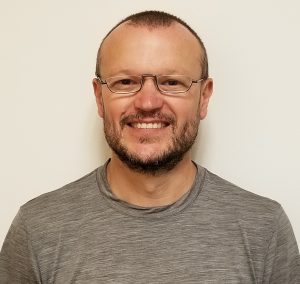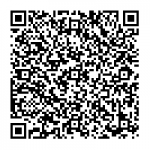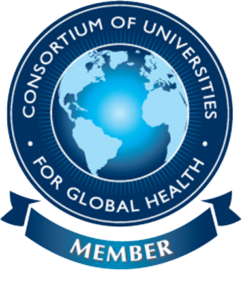

Division of Environmental Health
Adjunct Assistant Professor
Email:gbozinovic@sdsu.edu
Download CV (pdf)
Education
- Ph.D. Environmental and Molecular Toxicology, North Carolina State University, Raleigh, NC (2009)
- M.S. Public Health; Environmental Health / Toxicology, San Diego State University, San Diego, CA (2002)
- B.S. Biology California State University, Carson, CA (1997)
Scholarly Areas
Individual and natural population genomic responses and adaptive mechanisms to environmental stress during embryogenesis; Mechanisms and evolutionary implications of cell differentiation and post-apoptotic fate of RNA in keratinized tissues; Stress-induced, gender-specific metabolic gene expression in the brain; Temporal and Spatial gene activity in asexual and sexual yeast during stress; Hierarchical gene clustering signatures and biomarkers of metabolism and aging.
Biography
As a developmental and molecular environmental toxicologist and population genomicist, Goran is interested in gene-environment interaction: how individuals and natural populations respond, cope, and adapt to stress. This work is highly interdisciplinary, and involves the use of both natural populations such as killifish, local invertebrate species, and model organisms such as fruit flies and mice. Research projects are based on field sampling, chemical abiotic and biotic analyses, in vivo and in vitro biological analyses (morphology, histopathology, cardiac physiology, gene expression – microarrays and RNASeq), and statistical analyses of large gene expression data sets.
Gorans’ research expertise is in developmental and evolutionary biology, toxicology, and genomics, and he has over 15 years of teaching genetics-related technical laboratory courses at the university level and currently serves as a full-time lecturer at the University of California San Diego Division of Biology.
Goran’s career goal is to work with a talented team of dedicated scientists and fellow collaborators in cultivating a modern and dynamic science learning center where future leaders ask important questions, collaborate on exciting projects, and innovate life science education.





